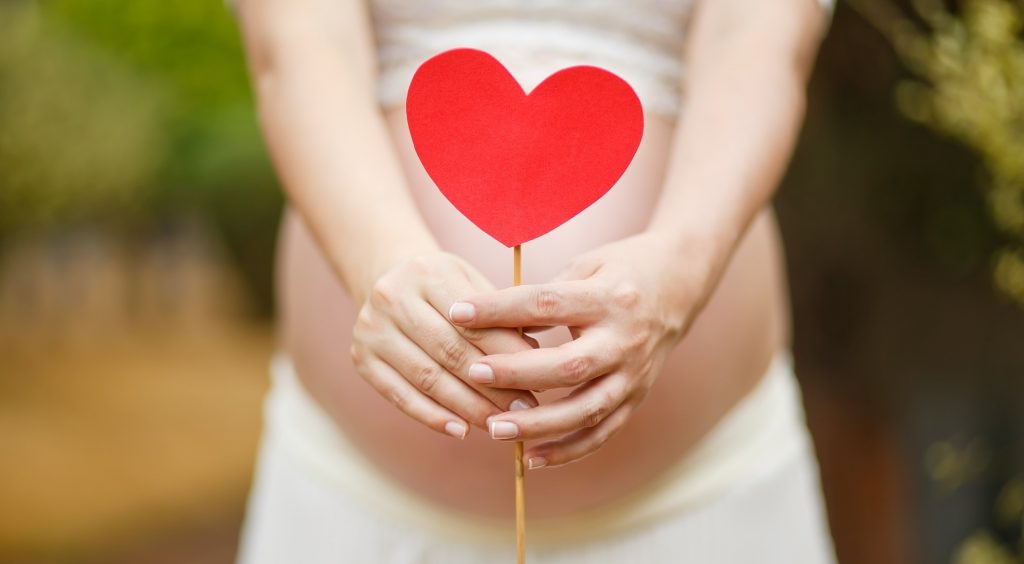‘How are you going to make sure your baby is getting all the nutrients it needs?’
‘What about your protein and iron levels?’
Some common questions one gets as a vegan mum-to-be.
Having studied nutritional therapy, I am confident that a plant based diet is the optimum choice for a healthy pregnancy but I wanted get all the facts together and research nutritional guidelines for pregnancy for peace of mind. I have to say I was pretty shocked at what I found. NHS recommendations include these dietary suggestions:
- ‘Choose lean meat, remove the skin from poultry and try not to add extra fat or oil when cooking meat. ‘
- ‘Make sure eggs, poultry, burgers, sausages and whole cuts of meat such as lamb, beef and pork are cooked all the way through.’
- ‘Try to eat two portions of fish a week, one of which should be oily fish such as salmon, sardines or mackerel.’
- ‘Dairy foods such as milk, cheese, from fromage frais and yoghurt are important in pregnancy, because they contain calcium and other nutrients that you and your baby needs’
Well I don’t know about you but with regards to meat, I don’t really want to increase my risk of heart disease, diabetes or cancer let alone expose it to my unborn child. Eggs are a no-go what with the high levels of sat-fat and cholesterol, and fish are generally contaminated with methyl mercury; something the foetal brain is particularly sensitive to – terrifying!
Additionally, exposure to cow’s milk can increase risk of type 1 diabetes up to 1.5 times as well as depleting calcium absorption in the body, not ideal when carrying a rapidly growing baby!
So what do I eat? Here I have compiled a list of nutritionally rich foods containing safeguarding measures against disease and an array of other complications.
8 Nutrient Dense Foods for You and Your Baby
Avocado
What is not to love about this? Avocado toast is the perfect way to start your day during pregnancy (ideally with wholemeal bread) and it tastes delicious! Avocados encourage cell production whilst providing you with lots of energy. They contain those all important essential omega-3 fatty acids so you need not worry about those fishy recommendations.
Oats
For those days when avocado toast seems too heavy, I suggest oats. They are a great source of fibre (a necessity for the 50% of pregnant women suffering from constipation). They also contain iron and B vitamins, great for foetal development. Don’t fancy porridge? Why not add them to your favourite bliss ball recipe? A healthy treat to satisfy your sweet cravings may be just what you need.
Dates
Speaking of sweet treats, the health benefits of eating dates are far greater than I imagined. They consist of non-refined sugars, protein, fibre, folate, iron and potassium which help maintain healthy blood pressure, digestion and bone strength. That’s not all, scientists have determined that dates have an oxytocin-like effect on the body, easing the pain of labour. It has been found that by eating 6 dates a day for the last 4 weeks of pregnancy, women are more likely to be significantly more dilated, go into labour spontaneously and have a shorter first phase of labour.
Leafy Greens
Whether you like them or not, they are unavoidably the most super of foods. Antioxidants galore, they will provide your future child in good stead for their developing stages. High in fibre, protein and a plethora of vitamins including A, B6, C, E, K , it’s a good idea to eat kale, spinach and broccoli whenever you can. If you really hate this idea, try juicing spinach with some more appetizing fruit and veg to hide the taste.
Sweet Potatoes
A fantastic provider of Vitamin A, the sweet potato is the perfect starchy carb for healthy foetal growth. As well as the benefits for your baby, consuming sweet potatoes will help to aid collagen production (good for avoiding stretch marks).
Legumes
It’s important to up your protein levels during pregnancy as there’s a lot of growing going on inside you. Plant proteins such as beans and lentils are the perfect addition to your diet. Already eating legumes on a daily basis? Add a few more. Beans and lentils are also a great source of iron and calcium too – did someone say burrito?
Bananas
They add thick, creamy goodness to any smoothie and taste great on their own as a snack when you’re on the go. Bananas also come complete with nutrients including potassium, iron, calcium, magnesium and contain antioxidants, improving the immune system of both mother and baby. They will give you an energy boost when you’re tired (especially in the 1st and 3rd trimesters) and also help to combat nausea if you’re feeling queazy.
Water
It’s so important to stay hydrated! You need to drink more water more than ever before as when you are dehydrated you’re more likely to develop constipation, get a UTI, headaches and even limb swelling. Water helps the body to transport and absorb essential nutrients which will eventually reach your baby. Try to drink small amounts frequently throughout the day so you don’t fill up too quickly. Keep an eye on the colour of your urine (ideally it should be clear), and if you have trouble remembering to drink enough, why not invest in a snazzy new water bottle to motivate you to keep sipping?


